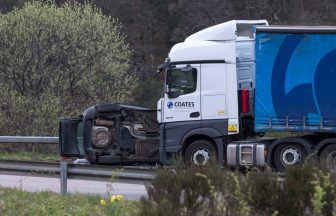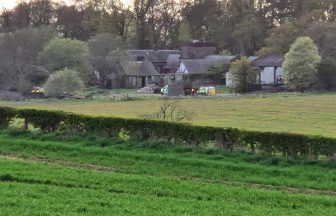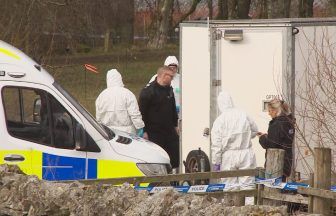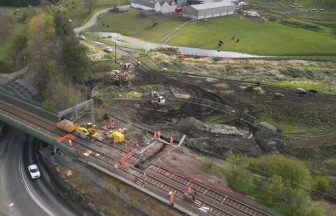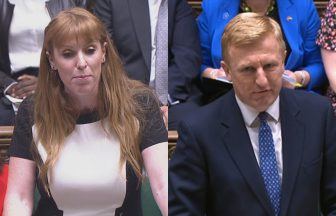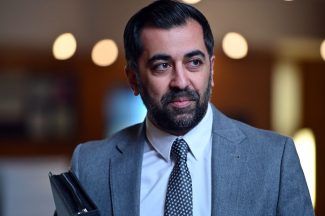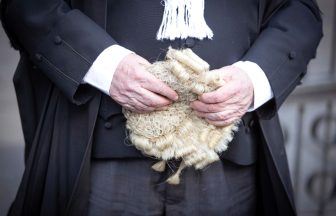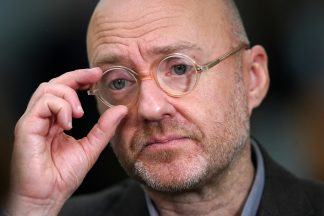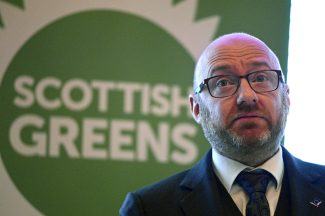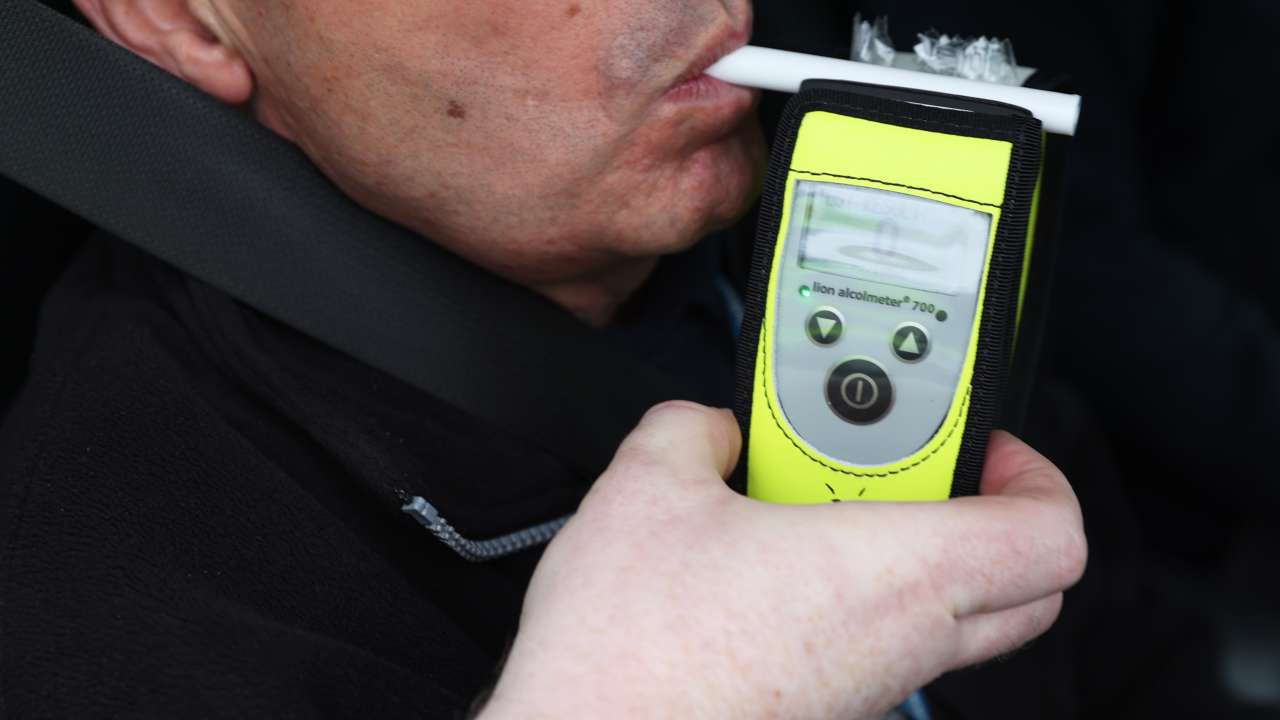And then there were six. Rebecca Long-Bailey’s entry to the race to succeed Jeremy Corbyn as Labour leader provides the ideological fault-line in this contest as she casts herself in the role of continuity candidate among a collection where the others are talking the language of change.
This field is the largest since that of 1976 following Harold Wilson’s shock resignation as Prime Minister in March of that year. It is perhaps worth harking back to that contest if only to underline how Labour’s intellectual firepower has fallen in a jungle now inhabited by decidedly smaller beasts.
Jim Callaghan won the leadership in 1976, thereby occupying the last of the great offices of state that had eluded him. He saw off a challenge from Labour’s old romantic, that brilliant man of letters and heady orator Michael Foot.
The former chancellor and home secretary, unofficial leader of the party’s social democratic wing, Roy Jenkins won only 56 votes among Labour MPs and withdrew. So too did the emerging darling of the left, Anthony Wedgwood Benn, already at that point in Wilson’s damning verdict “immaturing with age”.
Two intellectual giants were eliminated. Denis Healey was regarded by many as the toughest and best defence secretary of the post-war era. And Anthony Crosland was without question the most significant socialist thinker on the Labour right.
I labour the point. Every one of these candidates – with the possible exception of Crosland – were household names. They were towering figures.
Callaghan made Margaret Thatcher look small at question time. Foot and Benn could hold the Commons by the sheer brilliance of their unscripted way with words. Healey was a thug who terrorised by virtue of an intimidating mind and a foul mouth. I could go on and on but I will rest my case for now.
The class of 2020 don’t compare. Well actually they do; badly. The comparison would be between a smart accountant and a broken down bookie. But Labour is where it is with the would-be hopefuls and the membership will now have to make the most of what they have.
Long-Bailey is undoubtedly the Corbynista in this contest and as such will energise the foot soldiers of Momentum and depress those who want a return to what they would see as a more mainstream position.
I often wonder if politicians come to a candid assessment of their strengths and weaknesses and ponder their suitability to deal with the near impossible pressures that come with the top job. Or does blind ambition and arm twisting from puppet masters cloud their judgement?
For I have seen Long-Bailey, Thornberry and Nandy give repeated car crash interviews born out of trying to argue a tortuous line or from lacking the basic skills to extricate themselves from the quick sand they so eagerly jumped into. The class of 1976 would have been the bullies not the bullied. But then again they all had hinterland that gave them an effortless authority and presence.
Jess Phillips I find a refreshing voice but she is untried on the front-bench and would beg a simple question which is equally true of all in the field, can she seal the deal with the wider electorate?
The electorate, that awkward squad of citizens who have brought Labour to this. As one defeated American Senator once opined, “the voters have spoken, the bastards”.
Resonating with voters beyond Labour’s traditional if shrinking base is no mean issue. In 1964 Harold Wilson was the antidote to stuffiness, grouse shooting, bulletproof tweed and the entitled aloofness of aristocracy. He was no JFK in the personality stakes but even Mary Whitehouse looked modern when compared to Alex Douglas-Home.
Michael Foot and Neil Kinnock never ‘sealed the deal’ but both in their very different ways had strengths that outweigh those of the class of 2020.
Like Hugh Gaitskell, John Smith was a Labour prime minster in waiting only to die before he got the chance to serve. Both men had probably sealed the deal before fate intervened. As a cynic once said, in politics where there is death, there is hope. Tony Blair emerged in 1994 and the rest is history.
Ed Miliband and Jeremy Corbyn, like Foot and Kinnock, never convinced enough of the electorate that they were prime ministerial material. And that’s the point. Leading Labour is one thing, carrying it to power is quite another.
Sir Keir Starmer is probably the candidate who would reassure ‘middle England’. Remember when Labour swept middle England? He is forensically brilliant on legal issues and is grown up on television. Whether he has the expertise beyond his comfort zone is another matter. To stand any chance of victory he will have to talk Left, at least in the short term, given the nature of the electorate.
The contest is in its infancy and has been characterised by a whole lot of words which amount to very little. Most want change but don’t specify what changes they want beyond the usual clichés about listening and reconnecting etc. etc.
In fairness to the six candidates they have time to shine, time to set out a coherent case in strategy and policy terms.
Whoever emerges will be up against a prime minister in Boris Johnson who is a naturally divisive character and who is already demonstrating a clumsiness of touch in his first foreign policy challenge since the election in what could be a portent of misjudgements to come.
And then there’s Brexit, a gorilla now off Labour’s back. A recovery of sorts could take place especially if the Prime Minister’s detractors are right and he proves unfit for office.

